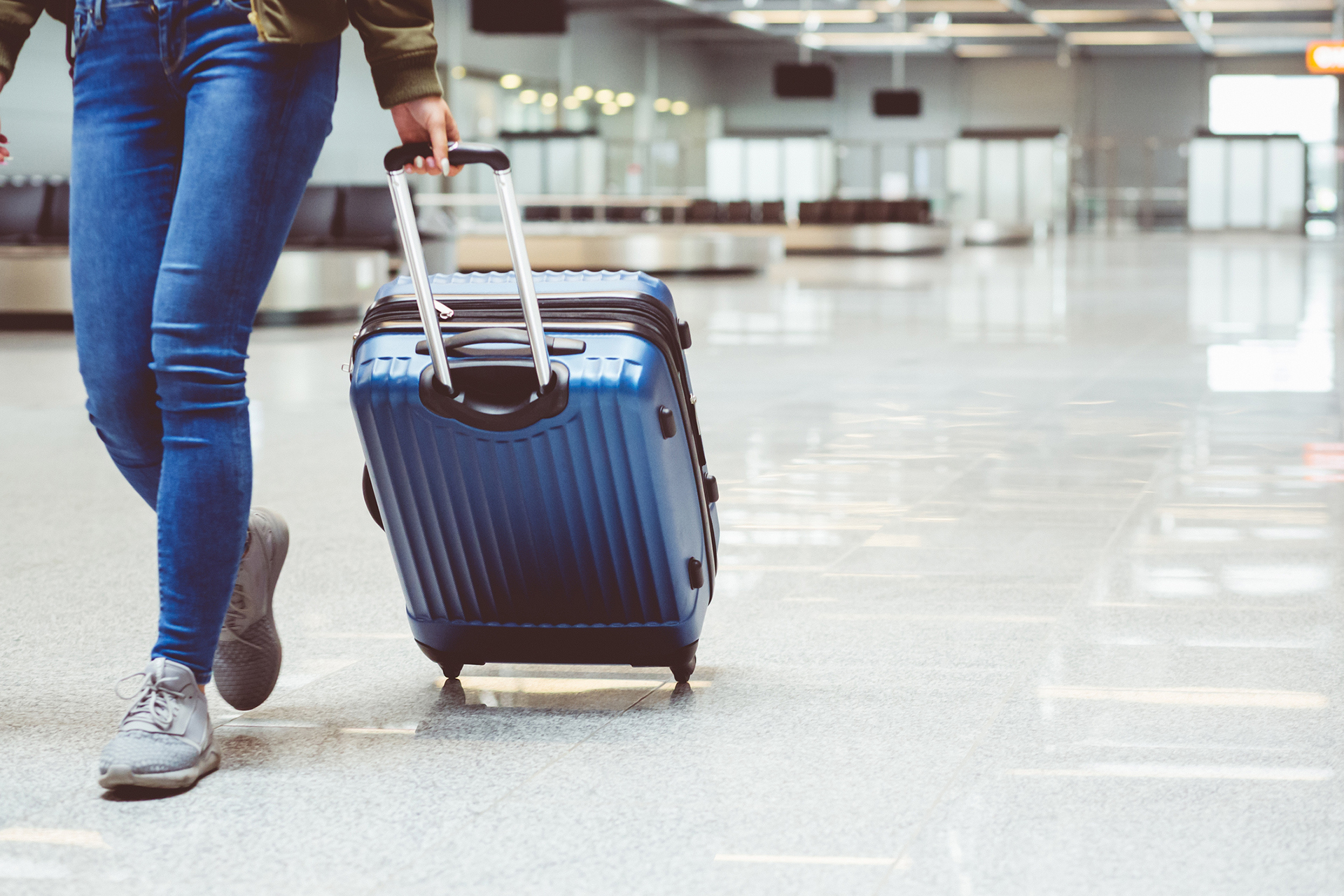The International Air Transport Association (IATA) condemned a decision by the Spanish government to override European law, remove cabin baggage fees for passengers in Spain and fine airlines EUR 179 million. The move undermines freedom of pricing which is fundamental to consumer choice and competition, a principle that has been long upheld by the European Court of Justice.
“This is an appalling decision. Far from protecting the consumer interest, this is a slap in the face of travelers who want choice. Prohibiting all airlines from charging for cabin bags means that the cost will be automatically priced into all tickets. What’s next? Forcing all hotel guests to pay for breakfast? Or charging everyone to pay for the coat-check when they buy a concert ticket? EU Law protects pricing freedom for good reason. And airlines offer a range of service models from all-inclusive to basic transport. This move by the Spanish government is unlawful and must be stopped,” said Willie Walsh, IATA’s Director General.
Anti-Consumer
Consumers want choice and value for money. This law would remove both. Recent independent polling commissioned by IATA from Savanta* of recent air travelers residing in Spain indicated that 97% were satisfied with their last trip and confirmed the following preferences:
- 65% prefer to pay the lowest price possible for their air ticket and pay extra for any additional services that are needed
- 66% agreed that in general there is sufficient transparency on fees charged by airlines for various travel options
- 78% said that air travel is good value for money
- 74% said they feel well-informed about the products/services they are buying from airlines
These findings align with the latest Eurobarometer survey by the European Commission in which 89% of travelers Europe-wide said that they were well informed about allowances for their luggage.
The existence of different models – from full-service to ultra low cost – is a response to market demand and regulation is not needed in this area. Moreover, ancillary revenue is key for the LCC business model, which has reduced prices and widened access to air travel to lower-income groups.
Unlawful Step against EU Law
This is not the first time that Spain has attempted similar misguided regulatory action and fines. In 2010 the Spanish government tried to impose similar fines and restrictions on airlines based on Article 97 of Spanish Law 48/1960—a law enacted when Spain was a fascist dictatorship. This was struck down by the EU Court of Justice based on an EU regulation which protects pricing freedom (Article 22 of Regulation No 1008/2008).
Having failed in its first attempt, this latest move is again trying to subvert pricing freedom by prioritizing another Spanish Law (Article 47 of Spain’s General Law for the Defence of Consumers and Users) in conflict with principles of pricing freedom that are unequivocally enshrined in European law.
“They failed once, and they will fail again. Consumers deserve better than this retrograde step which ignores the realities of today’s travelers. Spain’s tourism industry has grown to account for nearly 13% of the country’s GDP, with 80% of travelers arriving by air, and many of them budget conscious. Cheap air fares have played a huge role in growing this sector of the economy. The government has no competence—legal or practical—in eliminating the availability of basic airfares. The ECJ concluded this a decade ago. The EC needs to urgently step up and defend its laws which deliver benefits to consumers by protecting pricing freedom,” said Walsh.
The Cost of Cabin Bags
Carrying cabin bags has a cost associated to it. This is primarily in lengthened boarding times, as a result of the time it takes for passengers to accommodate their baggage. Aircraft utilization is a key parameter of airline profitability, particularly on short-haul operations. Adding an extra 10-15 minutes on the ground to board each flight quickly reduces the number of flights and aircraft can do each day. “Everyone paying more for less choice is the worst possible outcome that a regulation could deliver”, said Walsh.



